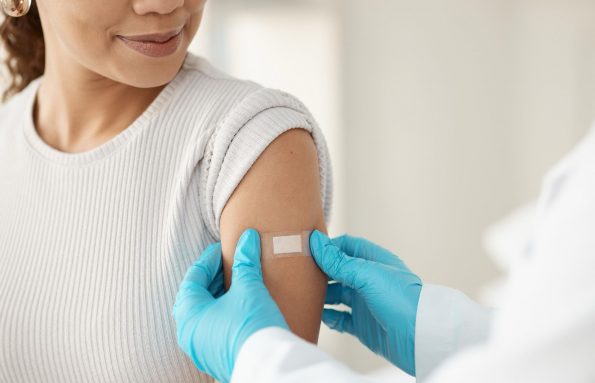The commonly heard phrase “you are what you eat” has taken on new significance with growing evidence suggesting a strong connection between gut health and skin health. The gut and skin are intricately connected through the gut-skin axis, a complex communication pathway that links the digestive system with the skin. An imbalance in the gut microbiome—the community of bacteria, fungi, and other microorganisms in the gut—can influence inflammatory responses and contribute to skin conditions such as acne, eczema, and rosacea.
How Gut Health Affects the Skin
The gut plays a crucial role in maintaining overall health by supporting digestion, regulating the immune system, and acting as a barrier against harmful pathogens. When the gut microbiome is disrupted due to factors such as poor diet, stress, antibiotics, or illness, it can lead to dysbiosis. This imbalance may result in increased intestinal permeability, often referred to as “leaky gut,” which allows toxins and bacteria to enter the bloodstream and trigger systemic inflammation.
Systemic inflammation can manifest in the skin in various ways:
- Acne: Inflammation and excess oil production can be influenced by gut bacteria imbalances. Certain strains of harmful bacteria may promote inflammatory pathways that affect sebaceous (oil) glands and exacerbate acne.
- Eczema (Atopic Dermatitis): Individuals with eczema often have reduced gut microbial diversity. Dysbiosis may affect the immune response, contributing to flare-ups and skin sensitivity.
- Rosacea: Some studies have linked gut disorders such as small intestinal bacterial overgrowth (SIBO) with rosacea. Reducing SIBO through diet and probiotics has shown improvement in some patients’ symptoms.
Signs of Gut-Skin Imbalance
Those experiencing both digestive issues and skin flare-ups may be seeing signs of a gut-skin connection. Common indicators include:
- Frequent bloating, gas, or indigestion
- Food sensitivities or intolerances
- Skin inflammation, redness, or acne
- Flare-ups of eczema or rosacea
- Fatigue and mood swings (which can also be linked to gut health)
Supporting Gut and Skin Health
Improving gut health may help reduce inflammation and enhance skin clarity and resilience. Strategies to support this connection include:
- Eat a Gut-Friendly Diet: Emphasise whole foods rich in fibre, antioxidants, and fermented products like yoghurt, kefir, sauerkraut, and kimchi.
- Probiotics and Prebiotics: Probiotic supplements or probiotic-rich foods help restore healthy gut flora. Prebiotics, found in foods like bananas, onions, and oats, support the growth of beneficial bacteria.
- Limit Processed Foods and Sugar: These can encourage the growth of harmful bacteria and contribute to inflammation.
- Stay Hydrated: Adequate hydration supports digestion and skin hydration.
- Manage Stress: Chronic stress can affect both gut and skin health by increasing cortisol levels and promoting inflammation.






